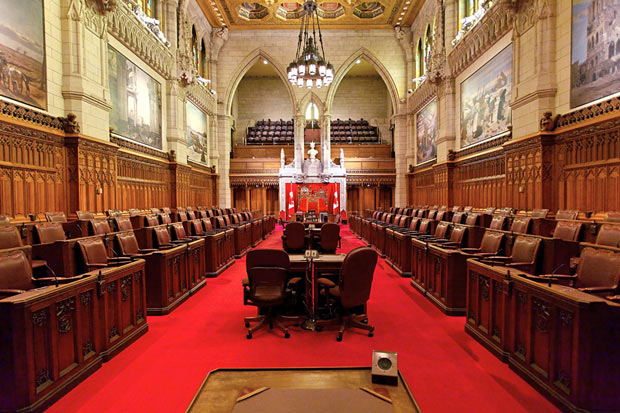It’s preposterous to use First Nations settlements as a scapegoat for economic mismanagement
THUNDER BAY – NEWS – The recent federal fall economic statement, unveiled hours after Finance Minister Chrystia Freeland resigned from cabinet, has drawn sharp criticism from Anishinabek Nation Grand Council Chief Linda Debassige.
The statement, which attributes part of a $61.9 billion deficit to one-time costs such as Indigenous land claims, has been labeled as “utterly ridiculous” and “colonial” by Chief Debassige.
“It’s preposterous to use First Nations settlements as a scapegoat for economic mismanagement,” says Chief Debassige. “These settlements are not taxpayer dollars; they represent rightful payments for resources taken from our lands and agreements violated over generations.”
Deficit Scapegoating Draws Criticism
The federal government has cited Indigenous settlements among reasons for the increased deficit, a stance Chief Debassige vehemently opposes. She points out that the Crown’s delays in resolving claims and adding lands to reserves have significantly inflated costs over the decades.
“Delays in settling land claims and reserve expansions, often stretching over 30 years, are entirely the government’s doing. This is not just about money—it’s about justice, and these prolonged processes harm First Nations communities deeply,” says Chief Debassige.
Resource Revenues and Government Accountability
Chief Debassige underscores that the funds for settlements derive from resources taken from First Nations lands, not Canadian taxpayers. She calls for the federal government to fully disclose the value of resources extracted from Indigenous territories and apologize for what she terms “slanderous” statements.
“This type of narrative only reinforces the adversarial approach of the Crown towards First Nations, contrary to its stated commitment to reconciliation,” she says.
A Call for Systemic Change and Reconciliation
Citing past delays and systemic failures, the Grand Council Chief demands structural reform. She also highlights Conservative Leader Pierre Poilievre’s February statements advocating for economic reconciliation as a potential step in the right direction.
“Economic reconciliation isn’t just a concept—it’s a pathway for Canada to address its deficit while honoring its commitments to First Nations,” she adds. “We welcome any government ready to resolve these issues swiftly and equitably.”
Chief Debassige’s statement reflects mounting frustrations with Canada’s slow pace in addressing longstanding constitutional and economic injustices. For the Anishinabek Nation, achieving true reconciliation means not only settling past claims but building an equitable partnership for the future.







